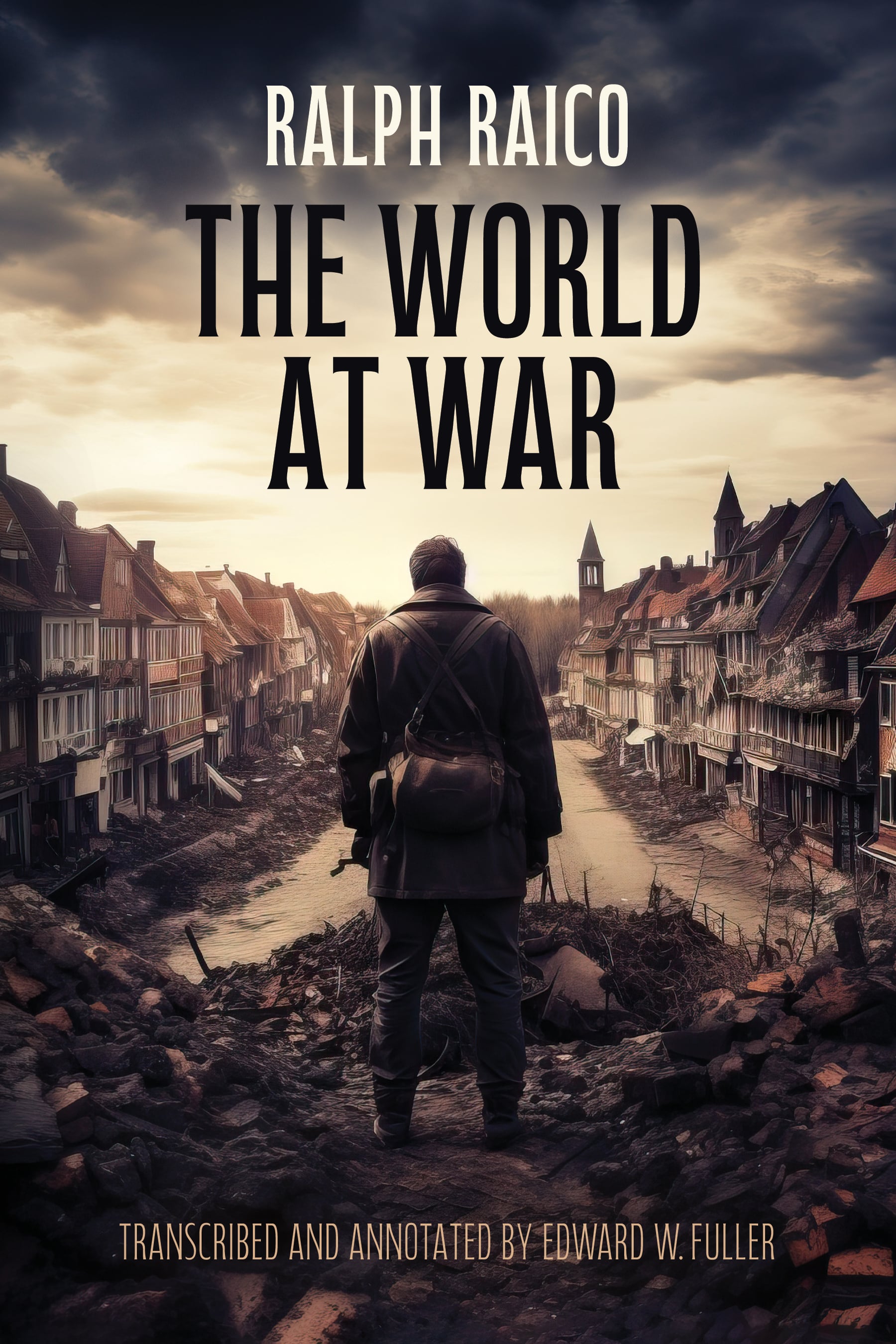On June 1, 1983, at a morning session of the Cato Institute Summer Seminar, attendees bore witness to what remains to this day one of the greatest single revisionist retellings of the tragic and formative period of world history: 1914-1945.
For three hours, Dr. Ralph Raico held forth, touching on every relevant subject to the horrible thirty years of war that gave rise to communism, Nazism, nuclear bombs, the Cold War, and the all powerful state. He expertly tied together the decline of classical liberalism in the late nineteenth century and the rise of statism, the formation and growth of rigid military blocs, the armaments race and early military industrial complexes of the powers, mass propaganda, government duplicity, total war, and mass death.
It is truly a work of the absolute first order, and a necessary watch for any interested critic of government narratives surrounding the two world wars.
Now, in a great favor to all those so concerned, Edward W. Fuller and the Mises Institute have put Raico’s great lecture into print.
Not only does this amplify its reach, reigniting interest in Raico’s classic lecture and offering a new medium of consumption, the book includes the invaluable addition of footnotes corresponding to the many references to authors and works which Raico makes throughout the lecture—as well as judiciously inserted clarificatory commentary by Fuller where necessary.
In addition to the carefully curated transcription of Raico’s original lecture, Fuller includes an excellent biography of the man himself, from Raico’s upbringing in New York, where attended lectures by Ludwig von Mises and befriended Murray Rothbard, to his time as a PhD student under Friedrich von Hayek, his involvement in major academic journals (from the New Individualist Review, The Libertarian Forum, and still extant Journal of Libertarian Studies) to his finally settling down to a professorship at Buffalo State College.
Raico was, as Fuller rightly states in his Introduction, one of the greatest classical-liberal historians of all time. His work on classical liberalism in France and Germany remains groundbreaking, and his critique of the supposedly “great leaders” students are taught to venerate, like Truman and Churchill, cuts through statist lies with enviable clarity and precision, revealing these men to be duplicitous opportunists and responsible for a great deal of unnecessary death and destruction besides.
For those encountering Raico for the first time, his humor and intellectual breadth and depth will no doubt prove, as they have already for so many others, a happy wonder to behold—his jibes about Italian imperialists busily collecting deserts in the late nineteenth century never fails to elicit a chuckle no matter how many times I have heard it, nor his detailing of Franklin Delano Roosevelt’s conniving to bring the United States into war by provoking a reaction from the Japanese or Germans to elicit a sense of deep outrage.
As an historian myself, the only quibble I have come to have with Raico’s analysis of events as described in The World at War is his description of the reason for Berlin having chosen alliance with Austria rather than Russia when the increasingly clashing interests of the two in the Balkans forced an either/or decision in the late nineteenth century:
“The new Kaiser and his advisors decide that it is impossible to come to terms both with Austria-Hungary and with Russia, and they choose Austria-Hungary as ultimately the more dependable country.”
Rather, I think, the British Marxist historian of European Nationalism, Eric Hobsbawm, gets much nearer the truth, pointing out that the maintenance of being of an Austria-Hungary justified the existence of the “little Germany” Prussian elites had fought to create; they could dominate it, rather than creating a “big Germany” that included the Austrians, and which would have necessitated Berlin sharing power with Vienna.
But in the course of three jam-packed hours of comprehensive narrative and analysis, one point of minor disagreement can be said to be precisely that: minor.
I have, over the years, revisited Raico’s lecture many times—passing it on to friends, colleagues, and students along the way—and to have it in book form, with footnotes, is an invaluable resource. And as the Ralph Raico Fellow at the Libertarian Institute it is my great pleasure to recommend adding Ralph Raico’s The World at War to your bookshelf in the new year.

































